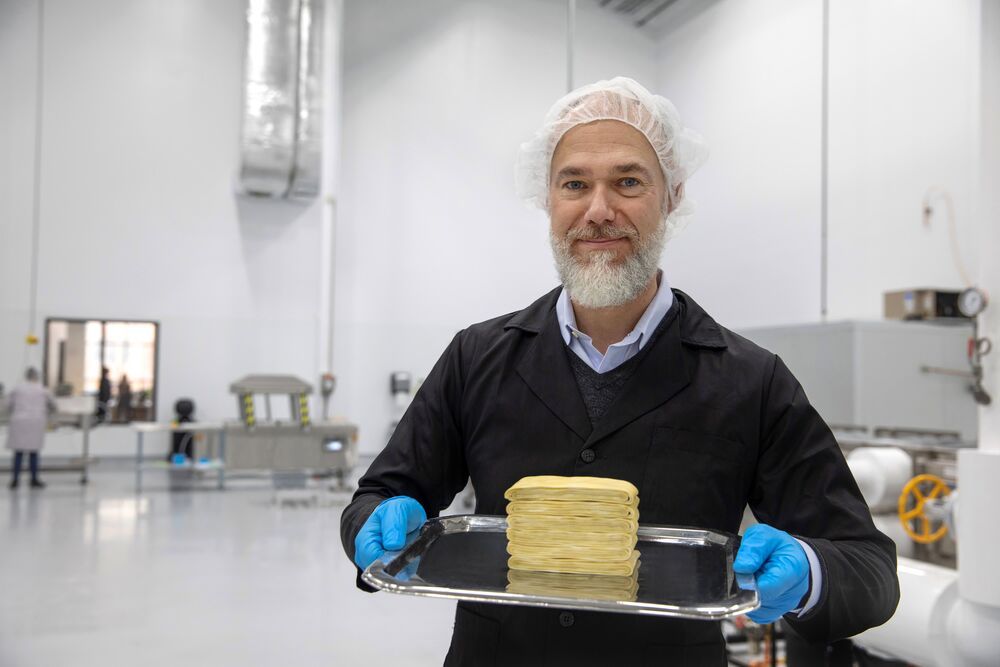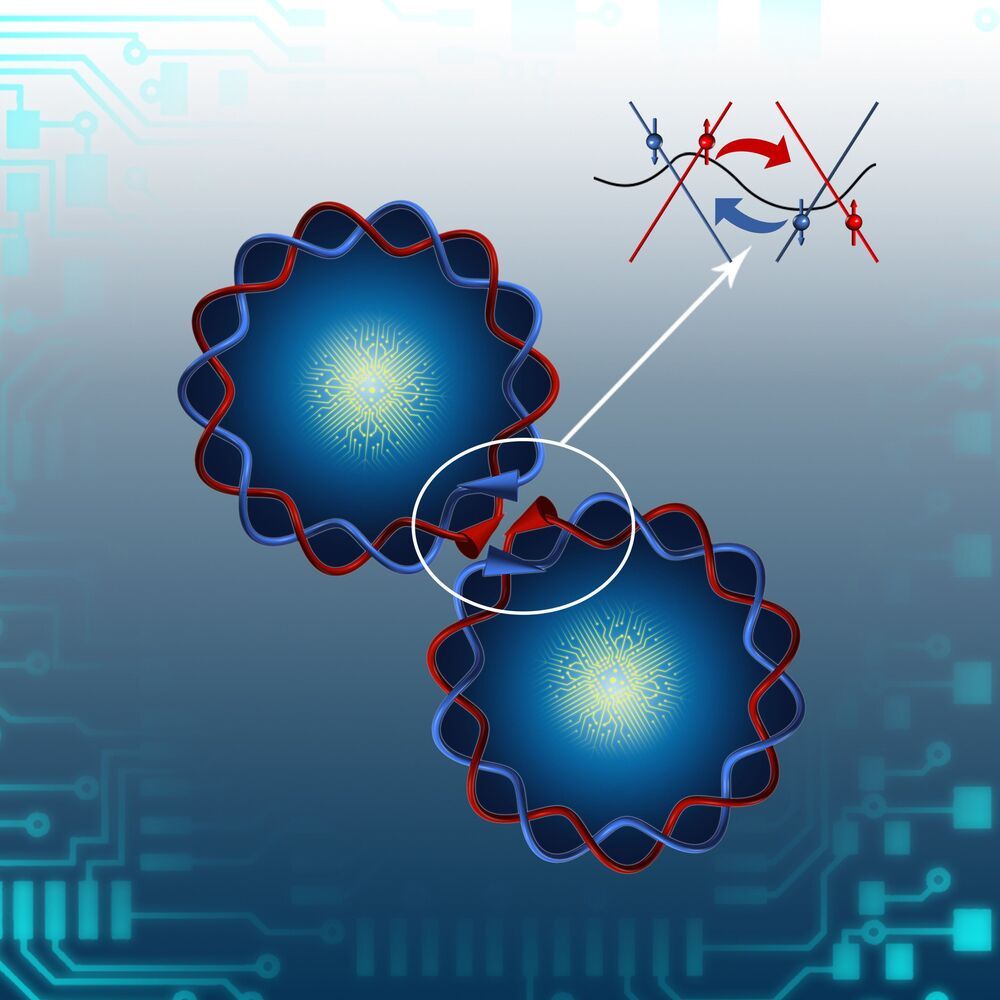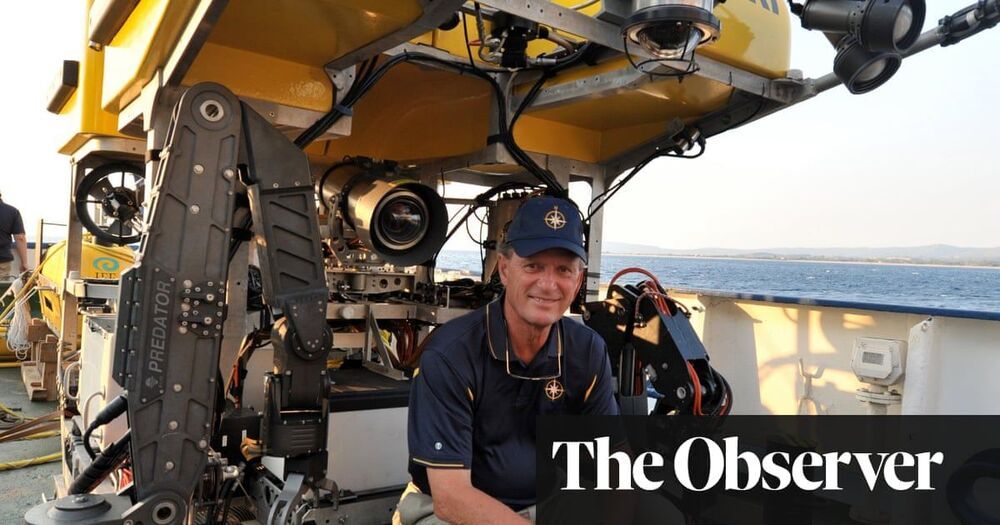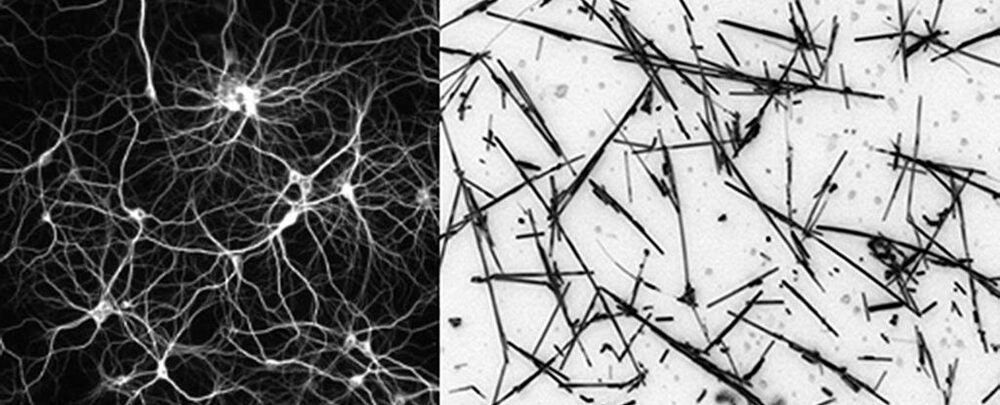The ascendant industry is headlined by Beyond Meat and Impossible Foods, whose alt-meat burgers, chicken and sausage products have disrupted the $733 billion U.S. food manufacturing industry. That has prompted Tyson Foods, Purdue, Hormel, Cargill and other traditional meat producers to launch their own products in the category.
As consumers become increasingly comfortable eating faux-meat burgers that look, cook and taste like the real thing, a food-tech start-up backed by Jeff Bezos and Bill Gates is using fungus as the primary ingredient to create alt-meat foods.
Nature’s Fynd, based in Chicago, has raised $158 million in funding from investors including Bezos, Gates, and Al Gore. The company’s meatless breakfast patties and hamburgers, dairy-free cream cheese and yogurt, and chicken-less nuggets are scheduled to hit grocers’ shelves later this year.
The alternative foods sector skyrocketed in 2020, growing U.S. retail sales 27%, and bringing the total market value to $7 billion, according to the Plant-Based Foods Association (PBFA), a trade group comprising more than 200 member companies. Meanwhile, shipments of alt-protein products from food service distributors to commercial restaurants rose 60% year-over-year in April, according to research firm NPD Group.








